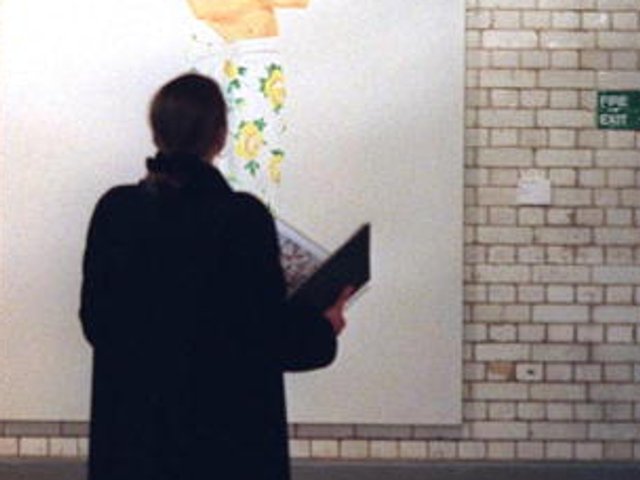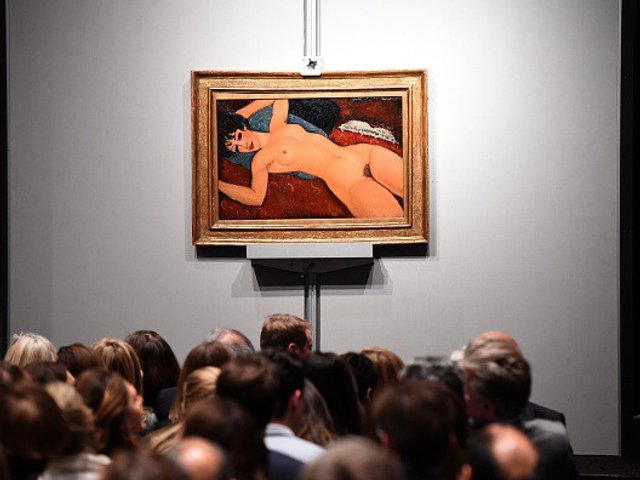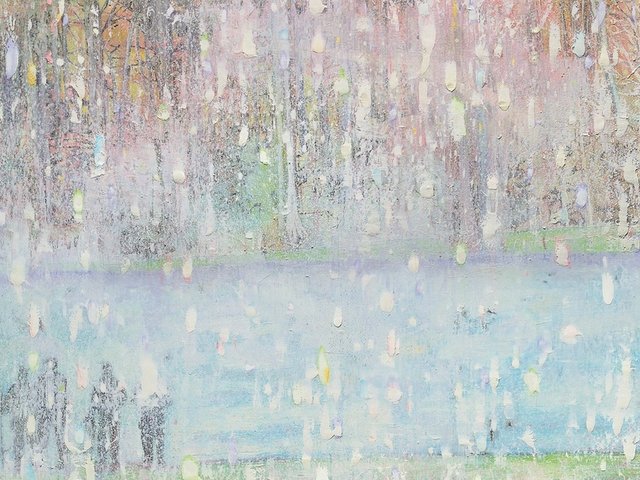Miami Beach
Christie’s sponsored a discussion during Art Basel/Miami Beach last month about the market for contemporary Chinese art—which was not as positive as the auction house had probably hoped. The panel, which was moderated by Christie’s co-head of contemporary art, Amy Cappellazzo, featured the international curator Hou Hanru, a local collector, Eloisa Haudenschild, journalist Barbara Pollock and Ingrid Dudek, Christie’s specialist of Chinese contemporary art.
Ms Pollock, who is currently writing a book, Zoomerang, How China Got a Contemporary Art Scene (to be published next year), was forthright about her distrust of the current auction market in China. “There are a lot of troubling things going on that are leading to blatant speculation,” she said, citing bidding rings (when dealers agree not to compete), as well as buyers paying artificially high prices in order to boost values.
“In the mainland, auctions are the only validation, and artists and dealers consign to auction to set a public record of prices,” she said, adding: “People accept these practices in China, whereas they wouldn’t in the West, because they say it is a ‘new model’; but I have questions about the long-term value [of contemporary Chinese work].”
As a result of these new high prices, she said: “Museums are forced out of the market, no American institution will touch works at $3m.” She says Chinese artists’ work would be validated by US museum acquisitions, a position that others on the panel did not support. “We don’t have to have the same model as in the west [for validating work],” said Mr Hou.
Ms Pollock’s position on the way contemporary Chinese art is sold in the west was, however, more positive. Sotheby’s sells this art in a separate category whereas Christie’s has chosen to include this work in its regular contemporary art sales. Ms Pollock believed this was a far better approach, calling Sotheby’s policy “colonialist”, an assertion which, inevitably, was warmly supported by Christie’s representatives. “I couldn’t have scripted that better,” said Ms Cappellazzo.
According to Ms Pollock, over time two markets will emerge for Chinese art, one domestic, and the other international, something that is already being reflected in the results of auctions in Hong Kong (see above).
Originally appeared in The Art Newspaper as 'Specialist questions value of contemporary Chinese art'




